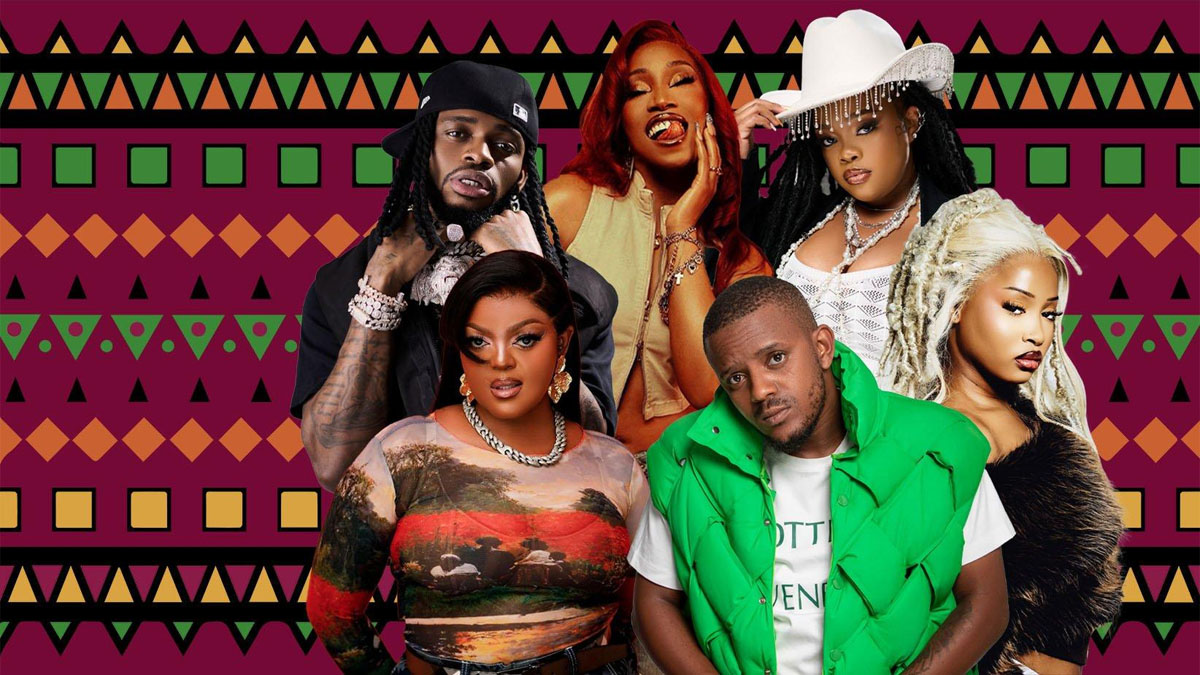
Photo Credit: Getty Images
The creation of the Best African Music Performance” Grammy category in 2024 was a historic step, designed to give kudos to the beautiful and varied musicalities of the African land mass. The victory of South African artist Tyla with her hit “Water” was hailed as a major step forward for African music on the international scene.
But, the nominations that followed have resulted in controversy with regards to the definition of what it means to be ‘African’ music and who can claim ‘African’ artist identity. One of the focal points of this debate is the nomination of American R&B star Chris Brown for his song “Sensational” (featuring Nigerian artists Davido and Lojay).
Critics claim that adding non-African artists in this group could downplay actual African voices. Music reporter Ayomide Tayo recognizes that Chris Brown is a person of work having roots in African music, mentioning Chris Brown’s work with Nigerian artists as well as Chris Brown’s impact on the Afrobeats market. Tayo mentions a common jest in Nigeria referring to Chris Brown as “Nigerian” due to his frequent involvement in the country’s music scene.
Recording Academy President, Harvey Mason Jr., counters the exclusion by pointing out that music does not stop at borders and therefore cannot be limited by an overly restrictive set of categories. He says, “If we begin deciding whether or not a person is allowed to compose in a particular genre of music, then we kill the spirit of creativity.
In addition to the discussion of the artist nationality, it is also a worry that the category mostly focuses on Afrobeats, while other exciting African styles might be lost. Although Afrobeats has garnered much wider popularity across the globe, some subgenre such as South Africa’s amapiano has also experienced tremendous growth, reaching a staggering number of 1.4 billion plays on Spotify last year.
The introduction of the ”Best African Music Performance” category was designed with the intent of increasing the stature of African music on the world stage. But its implementation has also raised debates on representation and inclusivity. It is important
in this era of the evolution of the Grammys to think about these points to make sure the African musical heritage is truly celebrated in the best way by the music “genre” category.
The question of who should be considered “African” at the Grammy Awards remains complex. It is important that this celebration of the breadth and vibrancy of the African musical tradition be reconciled with the representation of global interconnections. With the music industry more and more globally connected, the Grammys have one of their tasks to acknowledge the artistic merit, while recognizing the cultural origins, (if the artist is inspired by it).

















